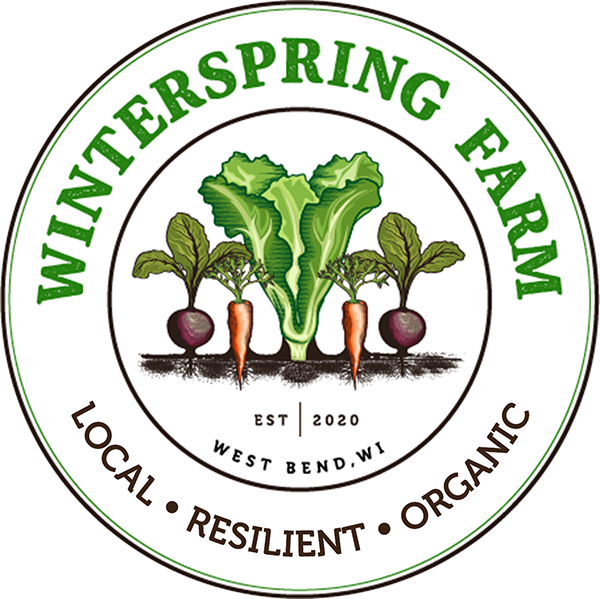 Image 1 of
Image 1 of


Tomato Seedlings, Brandywine
SCIENTIFIC NAME:
Solanum lycopersicum
VARIETY:
"Brandywine". Red type. One of the best-tasting tomatoes. We describe Brandywine's luscious, heirloom flavor as "very rich, loud, and distinctively spicy." The large fruits, often over 1 lb., have deep pink skin and smooth red flesh. The medium-tall, potato-leaf plant is best staked or caged. Seed Source and photo: High Mowing Seeds
CULTURE:
Transplant into a medium-rich garden or field soil 12-24" apart for determinate varieties, 24-36" apart for indeterminate, unstaked varieties, and 14-20" for staking. Plant 3-8" inches deep, covering the root ball well and up to the cotyledons (first leaves). If using grafted plants, take care to ensure the graft union is not touching soil. Water seedlings with a high-phosphate fertilizer solution. For earliest crops, set plants out around the last frost date under floating row covers, which will protect from frost to about 28°F (-2°C). If possible, avoid setting out unprotected plants until night temperatures are over 45°F (7°C). Frost will cause severe damage. Abundant soil phosphorus is important for early high yields. Too much nitrogen causes rampant growth and soft fruits susceptible to rot.
SCIENTIFIC NAME:
Solanum lycopersicum
VARIETY:
"Brandywine". Red type. One of the best-tasting tomatoes. We describe Brandywine's luscious, heirloom flavor as "very rich, loud, and distinctively spicy." The large fruits, often over 1 lb., have deep pink skin and smooth red flesh. The medium-tall, potato-leaf plant is best staked or caged. Seed Source and photo: High Mowing Seeds
CULTURE:
Transplant into a medium-rich garden or field soil 12-24" apart for determinate varieties, 24-36" apart for indeterminate, unstaked varieties, and 14-20" for staking. Plant 3-8" inches deep, covering the root ball well and up to the cotyledons (first leaves). If using grafted plants, take care to ensure the graft union is not touching soil. Water seedlings with a high-phosphate fertilizer solution. For earliest crops, set plants out around the last frost date under floating row covers, which will protect from frost to about 28°F (-2°C). If possible, avoid setting out unprotected plants until night temperatures are over 45°F (7°C). Frost will cause severe damage. Abundant soil phosphorus is important for early high yields. Too much nitrogen causes rampant growth and soft fruits susceptible to rot.
SCIENTIFIC NAME:
Solanum lycopersicum
VARIETY:
"Brandywine". Red type. One of the best-tasting tomatoes. We describe Brandywine's luscious, heirloom flavor as "very rich, loud, and distinctively spicy." The large fruits, often over 1 lb., have deep pink skin and smooth red flesh. The medium-tall, potato-leaf plant is best staked or caged. Seed Source and photo: High Mowing Seeds
CULTURE:
Transplant into a medium-rich garden or field soil 12-24" apart for determinate varieties, 24-36" apart for indeterminate, unstaked varieties, and 14-20" for staking. Plant 3-8" inches deep, covering the root ball well and up to the cotyledons (first leaves). If using grafted plants, take care to ensure the graft union is not touching soil. Water seedlings with a high-phosphate fertilizer solution. For earliest crops, set plants out around the last frost date under floating row covers, which will protect from frost to about 28°F (-2°C). If possible, avoid setting out unprotected plants until night temperatures are over 45°F (7°C). Frost will cause severe damage. Abundant soil phosphorus is important for early high yields. Too much nitrogen causes rampant growth and soft fruits susceptible to rot.






